February 15, 2017
|
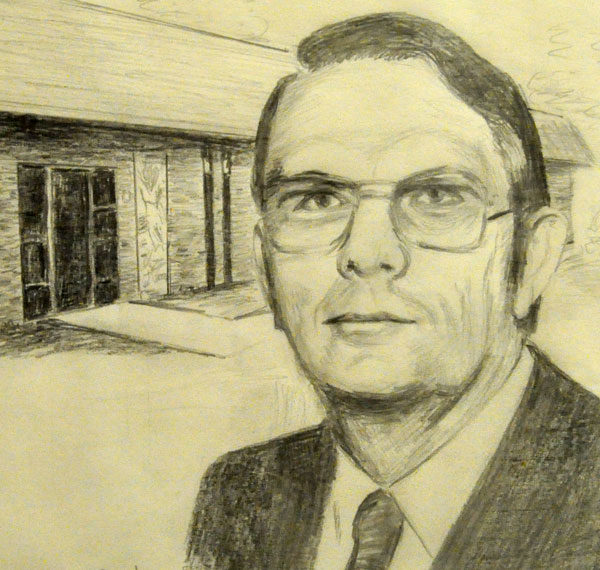
George Weaver, the senior bishop 1969-1977, passed away on February 15, 2002. Over the years, he had weathered a series of heart attacks and cardiac operations.
Weaver was known as a strong, even imposing bishop—a man who got things done, a leader. He was gifted in preaching, administration, and writing. Those privileged to know him at the personal level saw a man of warmth, compassion, and wisdom.
George Weaver was born in 1927 in McCloud, Calif. He was only a couple years old when his mother died. Just after George’s fifth birthday, his father left him and younger brother Rolland with Morris and Maud Weaver. He told them, “George and Rolland, this is your new daddy and mother.” And that’s the last George Weaver saw his biological father.
The Weavers owned a ranch outside of Pixley. A few weeks after George and Rolland arrived, the place burned down—the home, sheds, equipment—everything. Within a month, the family had been forced into a migrant worker existence, harvesting fruit, vegetables, and cotton in California and Oregon. George worked the fields with his parents.
After three years of this, Morris began tending an orange grove in Porterville, near Pixley. The family lived in two tents with wood floors, electric lights, and water carried from an irrigation canal. In 1939, the family moved back to Pixley. “It was the first time in seven years that we did not live in a tent,” George recalled.
It was not a happy or secure childhood. However, in 1943 he became a Christian at the Pixley United Brethren church and began thinking about becoming a preacher. Just before his 18th birthday he joined the Navy to become a pilot, but World War 2 ended just as he was finishing boot camp, and he was discharged in 1946.
He headed off to Huntington College in 1947, married a classmate from Chambersburg, Pa., and in 1950 accepted a student pastorate in Decatur, Ind. Other pastorates followed–in Kansas, Oregon, Pennsylvania, and Indiana. He was editor of the denominational magazine for two years, 1957-1959, and then began ten years as pastor of Otterbein UB church in Waynesboro, Pa.
In 1969, General Conference elected three new bishops, and Weaver became the senior bishop. He served eight years in that role. Major accomplishments include merger three conferences into what became Central Conference, establishing Camp Cotubic, and building a new UB Headquarters building.
Weaver wrote frankly about those years.
“I remember giving more time and energy to accomplishing the business of the church than being engaged in its mission. ‘Administrator’ is the most accurate description of my tenure as bishop. There was a raging inner tension between my vision of the bishopric and what seemed to be the reality of administering the program and business of the church. There were matters that culminated in an endless progression of decisions. I did not like having to make them, and others did not like their outcome….Many viewed me as caring more for the process than for persons—both the mark and the curse of the administrator….Realization set in that I would be unable to do all that I had envisioned to accomplish.”
In 1977, Weaver became president of Winebrenner Theological Seminary in Findlay, Ohio. The seminary prospered under his leadership. He stepped down as president in 1988, but continued teaching until 1992. Then he and Bette retired in Cincinnati.
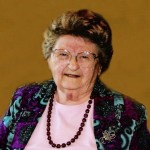 Rose May Lehner passed away February 21, 2017, in Caro, Mich. She was 98 years old. Rose and her husband, Rev. Paul Lehner, served 36 years in ministry. From 1947-1954, they were missionaries at the Laurel Mission in Big Laurel, Kent. They then pastored United Brethren churches in Michigan Conference until Paul retired in 1983. Paul passed away in 1991.
Rose May Lehner passed away February 21, 2017, in Caro, Mich. She was 98 years old. Rose and her husband, Rev. Paul Lehner, served 36 years in ministry. From 1947-1954, they were missionaries at the Laurel Mission in Big Laurel, Kent. They then pastored United Brethren churches in Michigan Conference until Paul retired in 1983. Paul passed away in 1991.
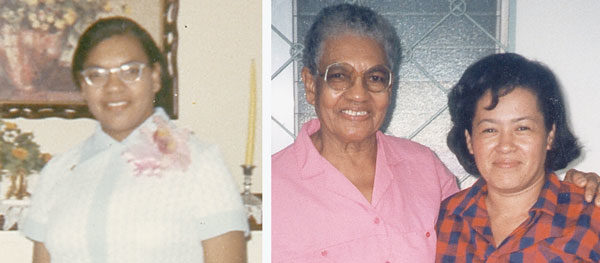
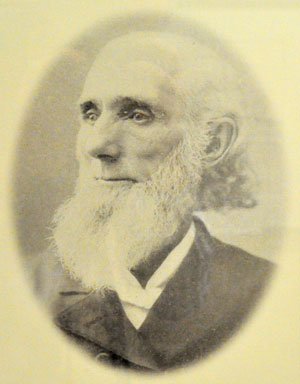 Jonathan Weaver, who served 24 years as bishop, was born February 23, 1824. He was the youngest of 12 children (6 boys, 6 girls). He grew up on a farm in Ohio, which was still frontier territory back then. He received little schooling, and never attended church on Sunday until he was 14 years old. The only preaching he heard came from Methodist or United Brethren preachers passing through the area.
Jonathan Weaver, who served 24 years as bishop, was born February 23, 1824. He was the youngest of 12 children (6 boys, 6 girls). He grew up on a farm in Ohio, which was still frontier territory back then. He received little schooling, and never attended church on Sunday until he was 14 years old. The only preaching he heard came from Methodist or United Brethren preachers passing through the area.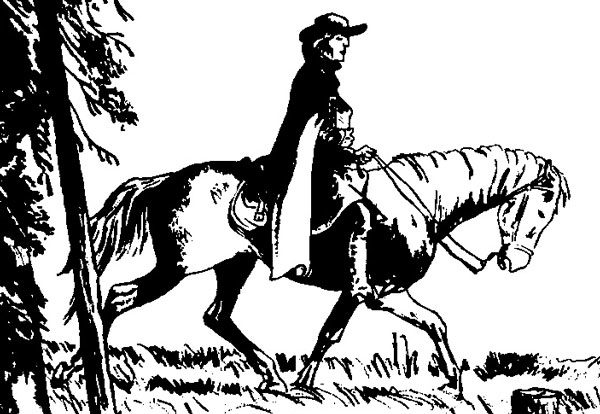
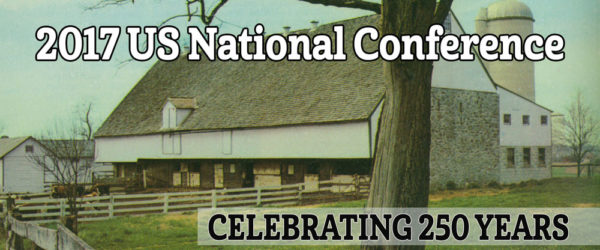

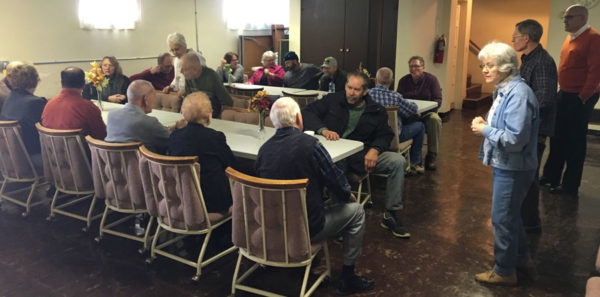
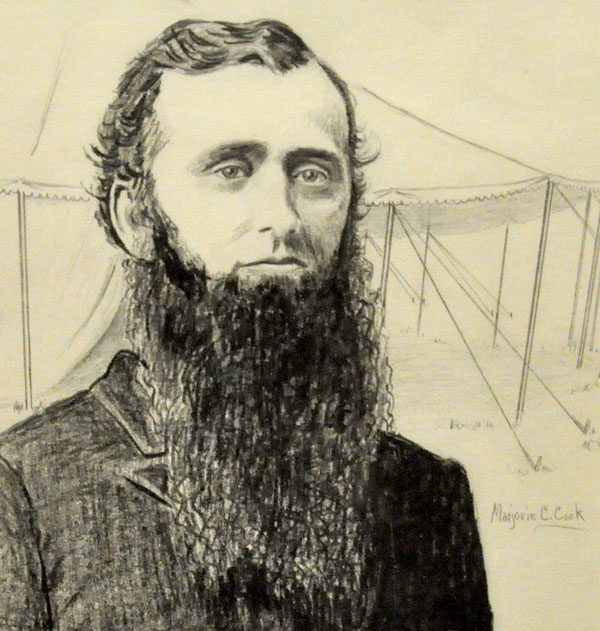
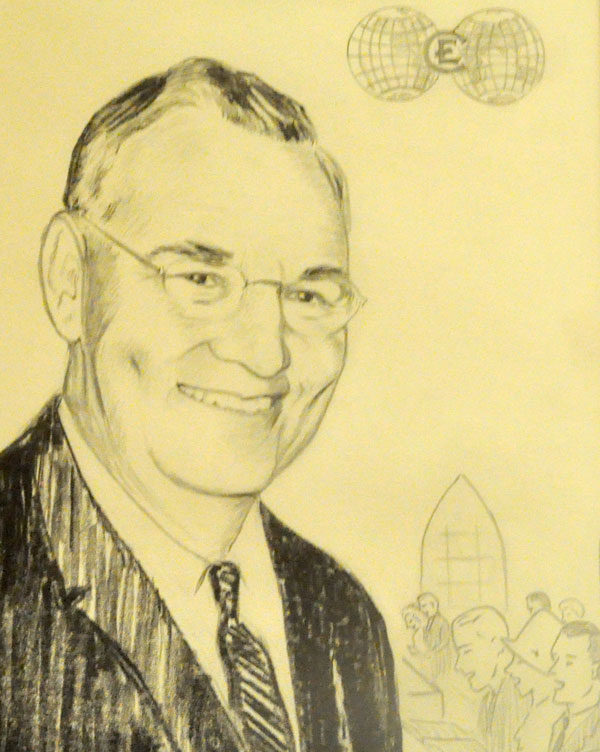

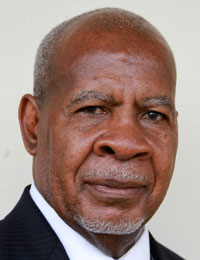 The 1975 Jamaica Annual Conference, which began on February 13, represented a significant transition. First of all, it was the first conference held at the new Malvern camp. But the main change involved leadership.
The 1975 Jamaica Annual Conference, which began on February 13, represented a significant transition. First of all, it was the first conference held at the new Malvern camp. But the main change involved leadership.